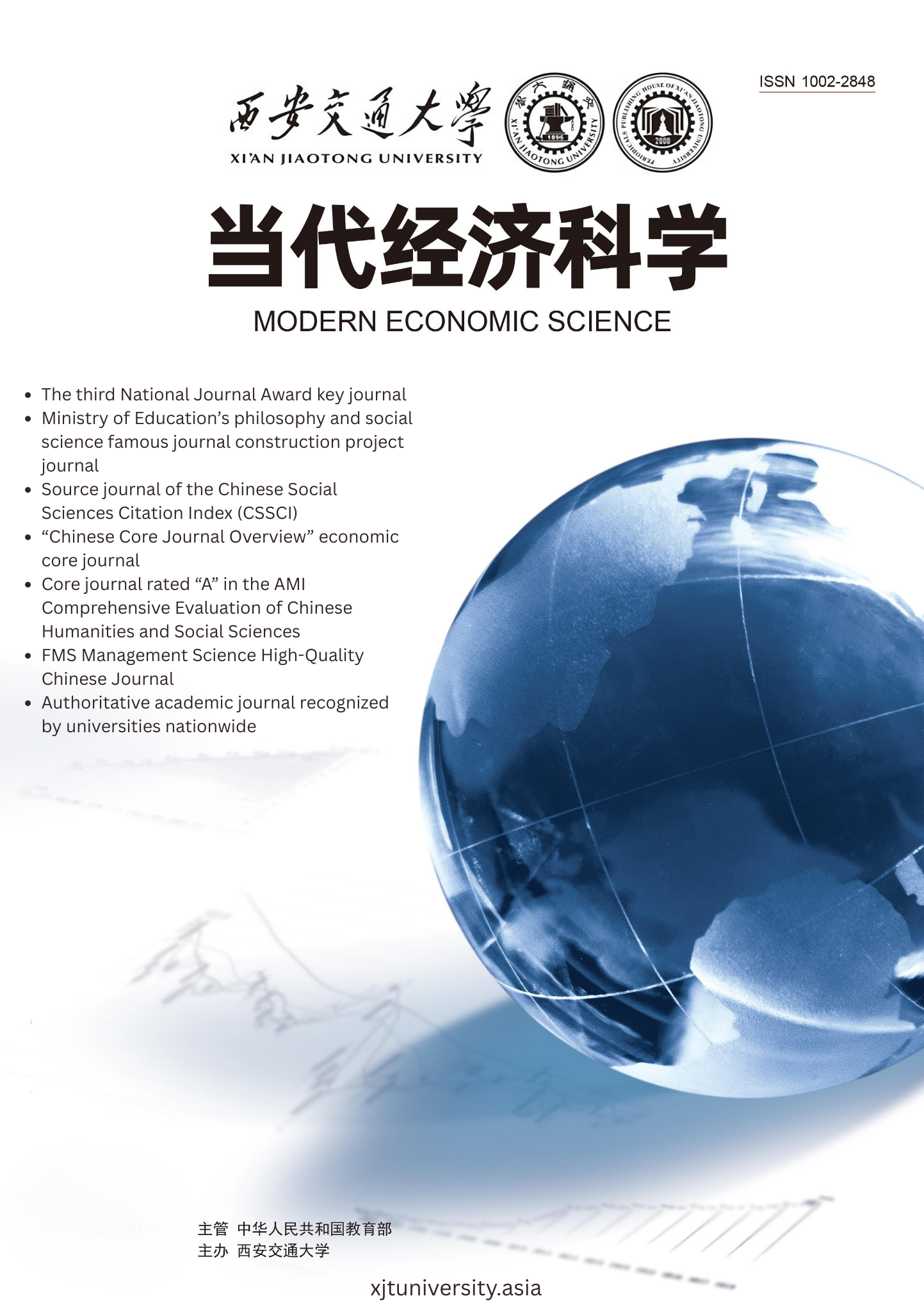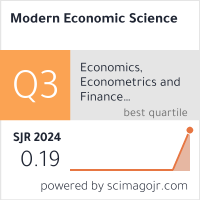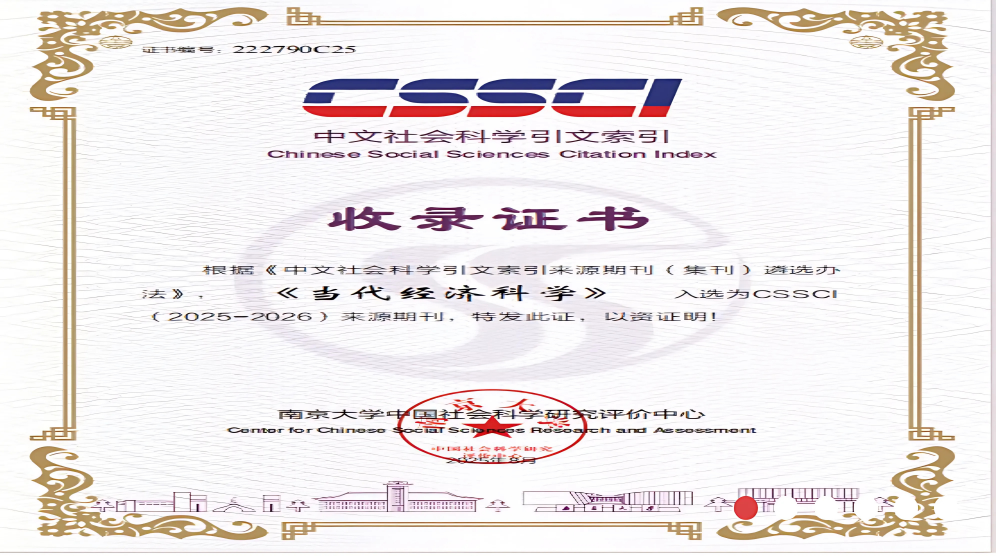Ecosystem Interconnection: Logical Deconstruction and Paradigm Choice for Platform Enterprises to Build Open Ecosystems
DOI:
https://doi.org/10.20069/wqgs2w76Keywords:
platform enterprise, ecological interoperability, platform economy, platform ecology, platform governanceAbstract
In recent years, the rise of platform enterprises relying on Internet technology, big data and algorithms, and other types of digital intelligence technology complexes has become an important force driving China’s economy forward. However, in order to maintain sufficient competitiveness in the highly competitive platform market, the platform ecosystem formed around platform enterprises has gradually become closed, with all kinds of barriers hindering the smooth flow of standards, users, data, etc., resulting in a series of negative impacts on the social level, industry level and user level. Therefore, it is necessary to promote platform enterprises to move from intra-ecosystem interconnection to higher-order cross-ecosystem “ecosystem-interconnection”, so as to realize the development of platform enterprises in the midst of standardization and standardization in the midst of development.
Based on the theoretical foundation of platform enterprise interconnection, this paper proposes platform enterprise ecosystem interconnection (abb: ecosystem-interconnection), i.e., platform ecosystem-interconnection manifests itself in the all-round connection and sharing of standards, data, users, business partners and other resources among various types of platform ecosystems under certain interoperability rules, covering multi-level interconnection of access standards, bilateral users, data elements, digital innovation and platform ecological governance. Under the platform ecosystem of each type, there are all-round connections and sharing of standards, users, data, business partners and other resources, covering access standards, bilateral users, data elements, digital innovation and platform ecological governance. However, platform ecosystem-interconnection faces the “inherent curse”, which is reflected in the conflict of mission, property rights, behavior, institutional logic and other multiple conflict spaces, and it is necessary to crack the above “conflicts”. Toward the platform “ecosystem-interconnection” needs to build a consensual dominant mode, including the head of the platform enterprise-led, government + platform enterprise synergistic, platform enterprise common governance mode. Finally, from the government level to strengthen the maintenance of ecological interoperability system construction, platform enterprise level to comprehensively change the strategic orientation and value orientation, the user level to form the ecosystem-interconnection supportive social ecology and other perspectives to promote the ecosystem-interconnection mode of the orderly landing and implementation, to promote the sustainable development of the digital economy.
Compared with the previous literature, this paper expands on the following three aspects: First, it is the first time that the paper discusses “ecosystem-interconnection” as an academic concept and defines its connotation in detail. Ecosystem-interconnection is not only the traditional meaning of “interconnection”, but also covers the all-round connection and sharing between platform ecosystems in terms of standards, data, users, business partners and other dimensions, which is systematically elaborated in the article. Secondly, the article analyzes the multiple conflicts that may be faced in the process of ecosystem-interconnection, including mission conflict, property rights conflict, behavioral conflict and institutional logic conflict. The analysis of these conflicts provides a theoretical basis for understanding the complexity and implementation difficulty of ecosystem-interconnection, especially the challenges faced by platform enterprises in the process of transitioning from commercial to public organizations. Third, the paper proposes three paradigms for ecological interoperability, including the “head platform enterprise-led”, “government + platform enterprise synergy”, and “diversified platform enterprise co-governance”. These paradigms provide concrete implementation paths for ecological interoperability in different contexts, especially in solving the problem of blockage and fragmentation among platform enterprises, and offer diversified solutions.
Downloads
References
[1] Alisa, Wangs J, Ming X. Platform enterprise business model: their essence and particularity [J]. Journal of Research in Business, Economics and Management, 2018, 10(2):1882-1890.
[2] Heina, Schreieck M, Riasanow T, et al. Digital platform ecosystems [J]. Electronic Markets, 2020, 30:87-98.
[3] Franck J U, Peitz M. Market definition in the platform economy [J]. Cambridge Yearbook of European Legal Studies, 2021, 23:91-127.
[4] Wang J X, Guo B, Wang X Y, et al. Closed or open platform? The nature of platform and a qualitative comparative analysis of the performance effect of platform openness [J]. Electronic Commerce Research and Applications, 2020, 44:101007.
[5] 李勇坚, 夏杰长. 数字经济背景下超级平台双轮垄断的潜在风险与防范策略 [J]. 改革, 2020(8):58-67.
[6] 钱贵明, 阳镇, 陈劲. 平台企业生态垄断的解构与治理 [J]. 电子政务, 2023(8):90-104.
[7] 徐信予, 杨东. 流量垄断的理论框架与规制路径 [J]. 经济理论与经济管理, 2022(12):20-31.
[8] 蓝江. 对平台资本主义的重新认识和再批判: 历史唯物主义、政治经济学和生命政治学的视角 [J]. 阅江学刊, 2024(1):95-103.
[9] Ragavans. Data exclusivity a tool to sustain market monopoly [J]. Jindal Global Law Review, 2017, 82:241-260.
[10] Panico C, Cennamo C. User preferences and strategic interactions in platform ecosystems [J]. Strategic Management Journal, 2022, 43:507-529.
[11] 陈兵, 林思宇. 构设平台互联互通下多元主体利益平衡机制方案: 以新《反垄断法》施行为契机 [J]. 东北师大学报(哲学社会科学版), 2022(6):119-133.
[12] 陈兵, 张浩东. 常态化监管下平台互联互通的实施路向 [J]. 上海财经大学学报, 2023(4):123-137.
[13] 蔡祖国, 李世杰. 互联网平台“二选一”策略性行为的垄断机理研究 [J]. 世界经济, 2022(12):76-98.
[14] 徐凤敏, 王柯蕴. 建设统一数据要素大市场的科学内涵、内在逻辑与政策建议 [J]. 西安交通大学学报(社会科学版), 2023(2):95-106.
[15] 焦海涛. 平台互联互通义务及其实现 [J]. 探索与争鸣, 2022(3):118-128.
[16] 刘乃梁, 吕豪杰. 平台经济互联互通: 规制源流、进路与中国方案 [J]. 中国特色社会主义研究, 2022(4):35-46.
[17] 殷继国, 唐渊明. 论互联网平台互联互通的法治保障 [J]. 竞争政策研究, 2022(4):17-33.
[18] 钱贵明, 阳镇. 平台经济统一大市场: 理论逻辑与实现进路 [J]. 经济学家, 2024(7):57-67.
[19] 杨忠, 花磊. 平台型组织创新: 概念、特征与优势 [J]. 阅江学刊, 2024(1):126-138.
[20] Ofoeda J, Boateng R, Effah J. Application programming interface (API) research: a review of the past to inform the future [J]. International Journal of Enterprise Information Systems (IJEIS), 2019, 15(3):76-95.
[21] Ojala A, Evers N, Rialp A. Extending the international new venture phenomenon to digital platform providers: a longitudinal case study [J]. Journal of World Business, 2018, 53:725-739.
[22] 卢远瞩, 包开花, 刘家龙. 数字平台用户多归属能促进创新吗? [J]. 中央财经大学学报, 2022(5):84-98.
[23] Xiao D H. An analysis of direct and indirect speech strategies of Chinese E-commerce anchors’ language in selling goods [J]. International Journal of Linguistics, Literature and Translation, 2023, 6(3):144-149.
[24] Wamba S F, Akter S, Edwards A, et al. How “big data” can make big impact: findings from a systematic review and a longitudinal case study [J]. International Journal of Production Economics, 2015, 165:234-246.
[25] Urbinati A, Bogers M, Chiesa V, et al. Creating and capturing value from big data: a multiple-case study analysis of provider companies [J]. Technovation, 2019, 84/85:21-36.
[26] Veldkamp L, Chung C. Data and the aggregate economy [J]. Journal of Economic Literature, 2024, 62(2):458-484.
[27] Kshetri N. Big data’s impact on privacy, security and consumer welfare [J]. Telecommunications Policy, 2014, 38:1134-1145.
[28] 佟家栋, 张千. 数字经济时代加快发展新质生产力 [J]. 广西师范大学学报(哲学社会科学版), 2024(4):88-96.
[29] Moore J F. Predators and prey: a new ecology of competition [J]. Harvard Business Review, 1993, 71(3):75-86.
[30] Senyo P K, Liu K, Effah J. Digital business ecosystem: literature review and a framework for future research [J]. International Journal of Information Management, 2019, 47:52-64.
[31] Hinings B, Gegenhuber T, Greenwood R. Digital innovation and transformation: an institutional perspective [J]. Information and Organization, 2018, 28:52-61.
[32] 赵传羽, 丁预立. 双边市场基于购买行为的价格歧视研究: 平台企业“杀熟”行为的经济学实验 [J]. 社会科学战线, 2022(6):79-91.
[33] Yang C. Cross-border expansion of digital platforms and transformation of the trade and distribution networks of imported fresh fruits from Southeast Asia to China [J]. Global Networks, 2022, 22:716-734.
[34] Tang Y, Zhang Y N, Ning X Z. Uncertainty in the platform market: the information asymmetry perspective [J]. Computers in Human Behavior, 2023, 148:107918.
Downloads
Published
Issue
Section
License
Copyright (c) 2025 Editorial Board of Modern Economic Science

This work is licensed under a Creative Commons Attribution-NonCommercial 4.0 International License.













